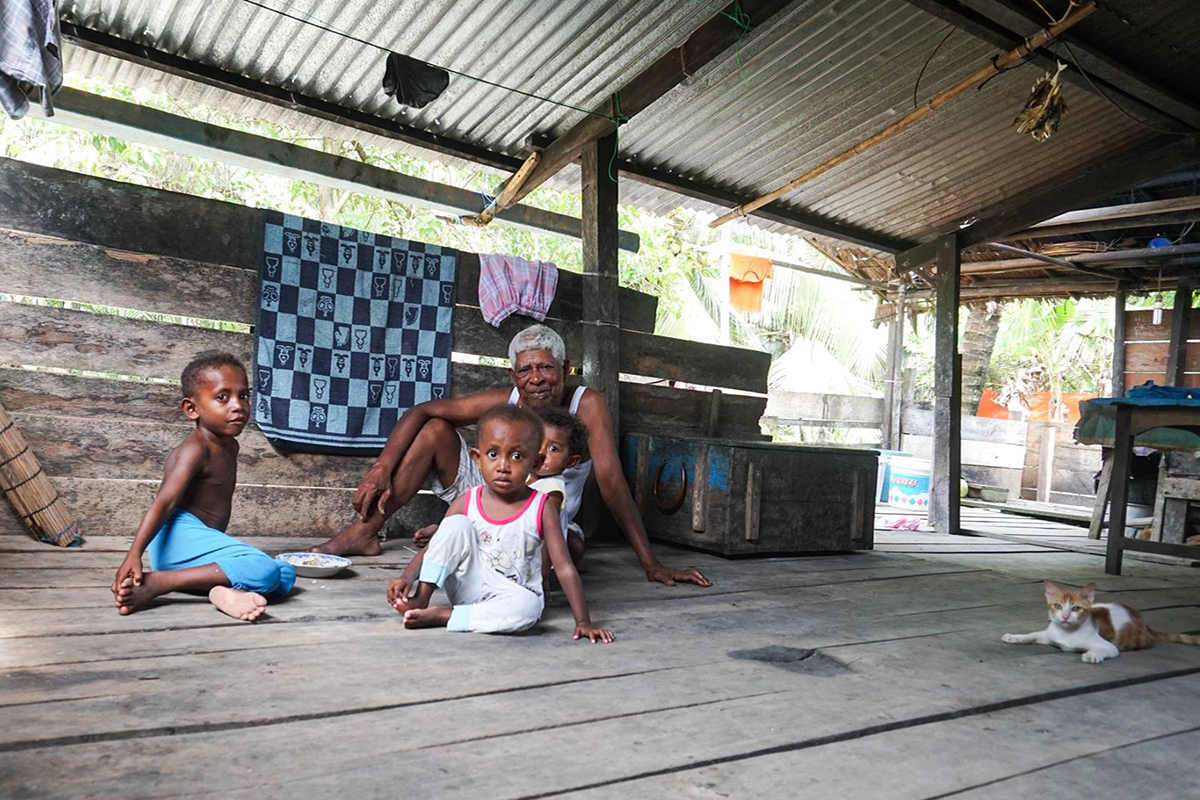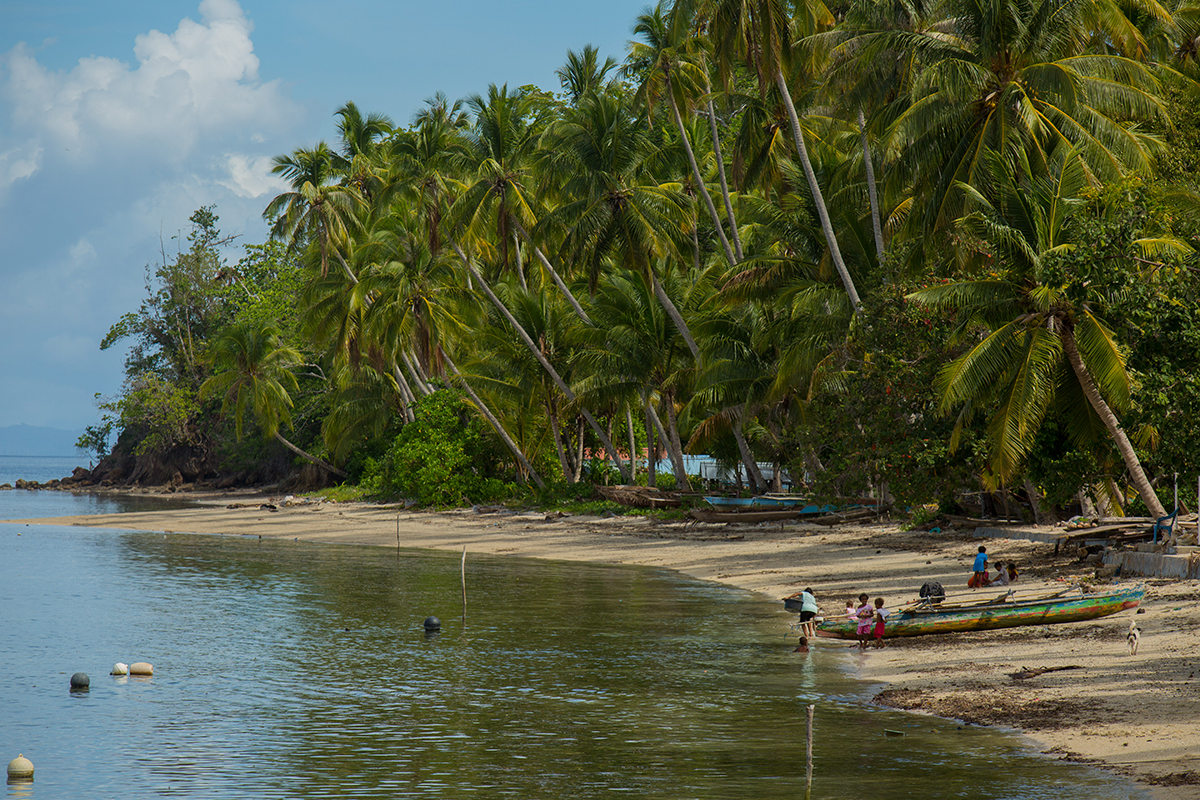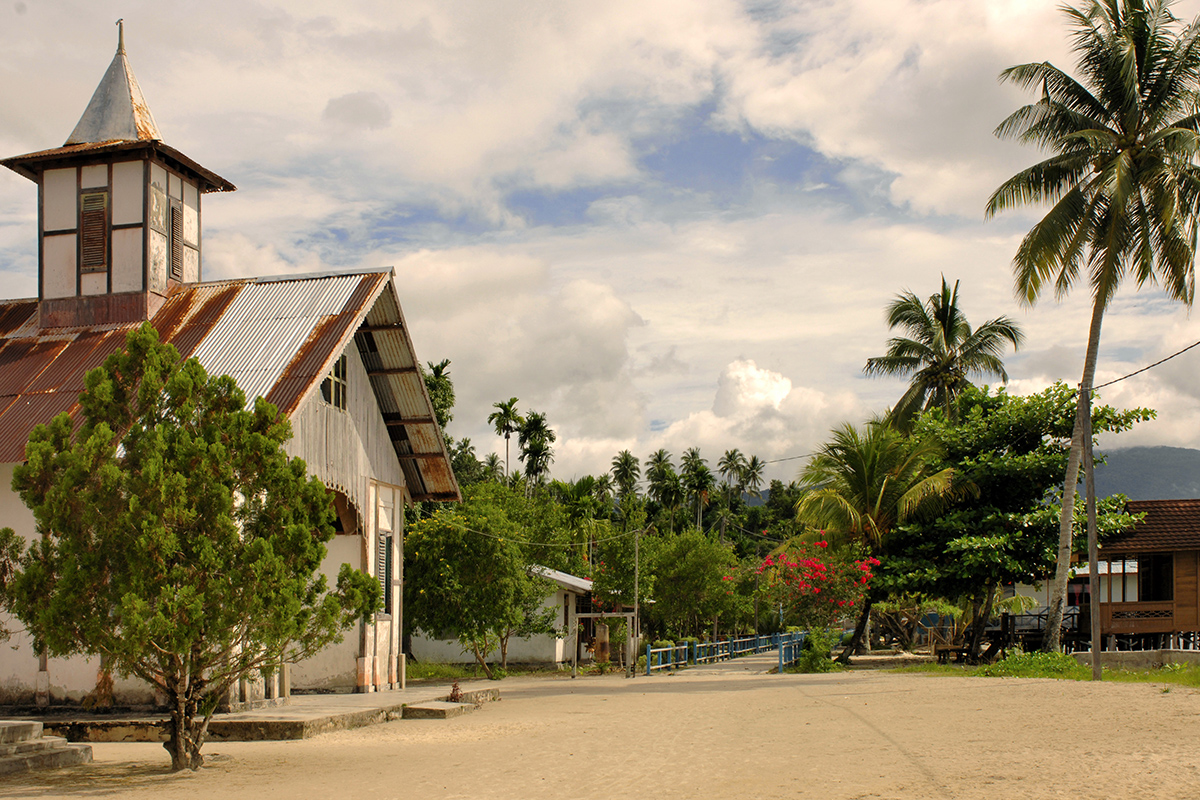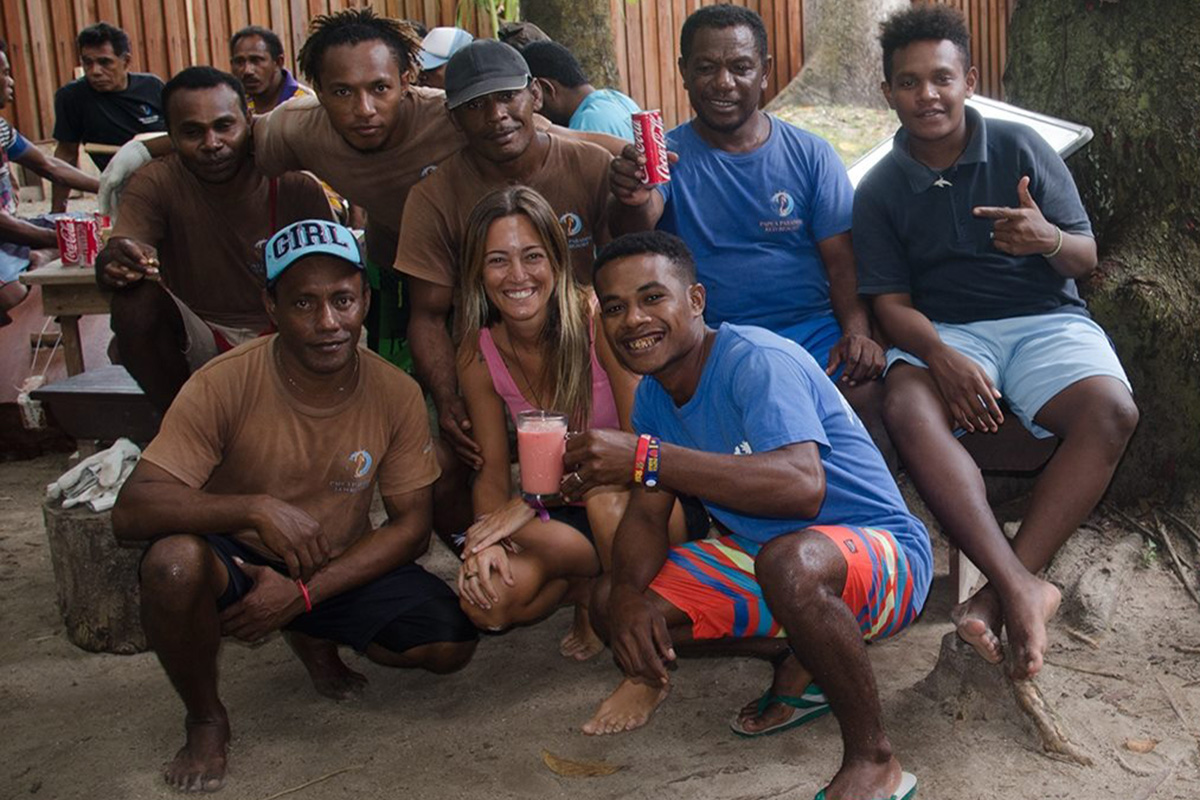How to be Culturally Sensitive in Raja Ampat
Raja Ampat in West Papua is a divers paradise. It is also one of the most remote parts of Indonesia and has retained much of its cultural individuality. In this way it’s sometimes not the same as visiting other more touristy parts of the archipelago. Being culturally sensitive is important wherever you go and Raja Ampat is no exception. Today we’re going to talk about some of the unique traditions of the islands and how to approach them.
Culture
The people living on the islands of Raja Ampat are called Papuan. However, there are a number of tribal groups that identify also by their tribe. Birie Island where Papua Paradise Eco Resort is located is uninhabited but nearby the island of Batanta is home to the Batanta tribe and Arefi villagers who are from the Biak tribe. Arefi is one of the villages where guests at Papua Paradise can take a half-day trip to meet local people and learn about their culture and traditions.
Other tribes include the Wawiyai, Kawe, Lagangyan, Ambel, Tebin, Moi and more. Each has their own dialect and unique traditions.
Religion
Before the Dutch invaded Maluku, Raja Ampat was part of the Sultanate of Tidore, a major political and economic power in the region. However, after centuries of alliances with Spain, Britain and Portugal in the spice trade, the Dutch claimed Maluku and the Papuan Islands as their own.
The influx of Muslim and Christian traders and colonists had a great influence on the people of Raja Ampat. Both religions are still practiced today in the islands. However, the people still also hold their own tribal beliefs, which are more animalistic and nature-focused.
You will see both Christian churches and Islamic mosques on the islands, especially the more populated islands like Waigeo, Waisai, and Misool.
Language
At Papua Paradise and Gangga Divers staff members have a good level of English. However, in small villages or on some islands you may not find any English speakers.
The universal language in Indonesia is Bahasa Indonesia, which everyone except for some much older residents will be able to speak. If you’ve been to Indonesia before you might be able to speak some words of Bahasa, otherwise your dive and day trip guides will assist you wherever you go.
Dressing respectfully
You might be on a dive holiday, but dressing with respect is very important while traveling in Raja Ampat. A t-shirt and shorts or sleeveless top is fine, but it’s a good idea to make sure your shorts are not too short and you are not flashing too much midriff or bust area. You should also keep swimwear for the water and not walk around without some sort of cover up unless you are in the privacy of your bungalow.
This is especially true on a village visit or if you will be entering a place of worship. The locals aren’t likely to say anything to you about being dressed inappropriately but they will find it disrespectful.
Attitude
The people of Raja Ampat are generally wonderful people, easy to smile and laugh, and welcoming to foreigners. However, as all tourist destinations, there can sometimes be disputes about things like prices and services.
While staying at Papua Paradise this shouldn’t be a problem but if you are planning to travel to other places independently remember to smile, be polite, and keep your cool. Calmly talking things through generally sorts out any problems.
Making the most of your Raja Ampat trip!
This is just some really simple information and some easy-to-follow guidelines for your trip to Raja Ampat. You’ll most likely find that there are no issues whatsoever and your trip is an absolute dream holiday.
We’d love to know in the comments below if and how you prepare yourself for traveling to a new place with an unfamiliar culture. Do you read up on it and make sure you know how to be culturally sensitive while you’re there? Leave us a comment to let us know!






